So, you made a Facebook page... Now what? You probably want to reach people and gain exposure for your book, brand, or product.
Using this technique, I've been steadily gaining Facebook page Likes. In some cases, around 100-200 per week.
How Do I Reach People?
How do I reach people?
Connection — Connect with and establish a relationship with people. Your followers need to connect to your posts in a way that makes them care about what you have to say and, hopefully, improve your reach. (Read 5 Essentials For Successful Social Media to learn more).
Engagement — Engagement is when a post is interacted with by Reacting (liking or using one of the other reaction buttons like: Love, Haha, Wow, Sad, or Angry), Sharing, or Commenting. The more people React, Share, or Comment on a post, the more people will see it. The very best chance a post has to be seen by others is if it is shared, but if you remember from my tutorial 100 Free Facebook Page Likes in 1 Day, likes can allow you directly invite new followers to like your page.
Relevancy and Facebook's Algorithm — Many of us miss the days when Facebook newsfeeds showed everything that was posted in chronological order. Today, Facebook only shows us what its algorithm calculates we are most likely to enjoy. For Facebook to show your post in a newsfeed, the algorithm needs two things: post engagement and relevancy. The more you interact/engage with a friend, group, or page, the more Facebook deems that to be relevant to you. The more relevant, the more likely the algorithm is to throw something from that source into your newsfeed. The more engagement a post has, the more relevant it is deemed and the more likely you are to see it. To put it simply, Engagement = Relevancy = Reach
Learn more about creating posts that will be seen here.
turning engagement into page likes
Why do I need page likes? Liking a page tells Facebook to put relevant posts from that page into your newsfeed. Otherwise, you're highly unlikely to see anything that page posts. Remember your goal is to become more visible, to reach people.
Turning engagement into followers is ridiculously simple. If someone Likes or Reacts to your post, you get to invite them to like your page!
In many cases, the invitation will be accepted, and you will gain new followers, thus increasing your Reach.
Check your page's notifications at least once a day and send out more invitations.

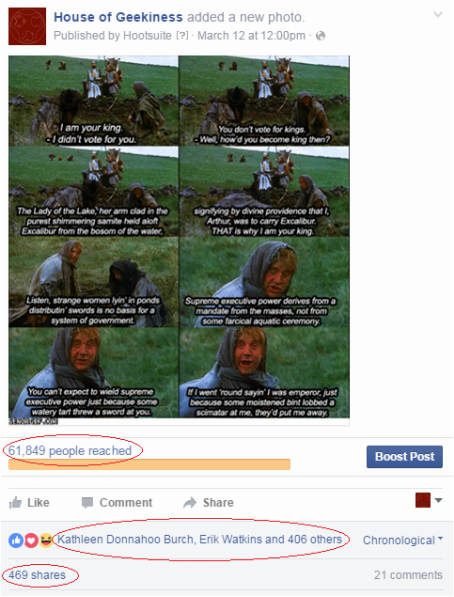
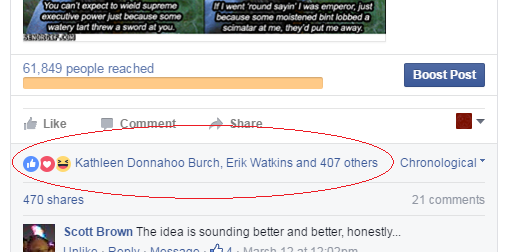
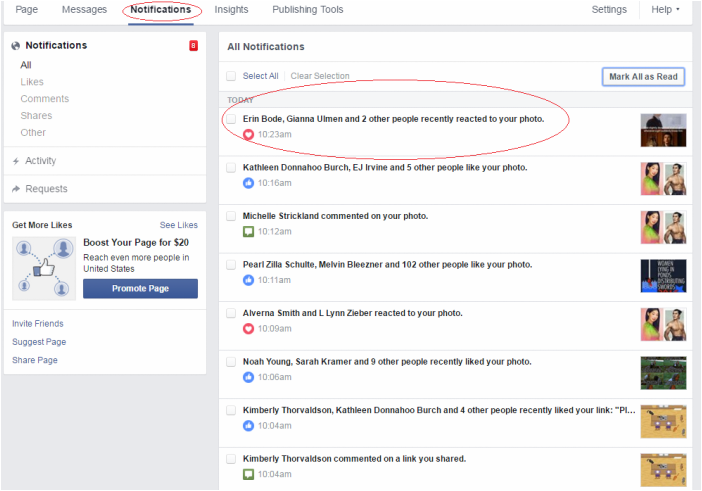
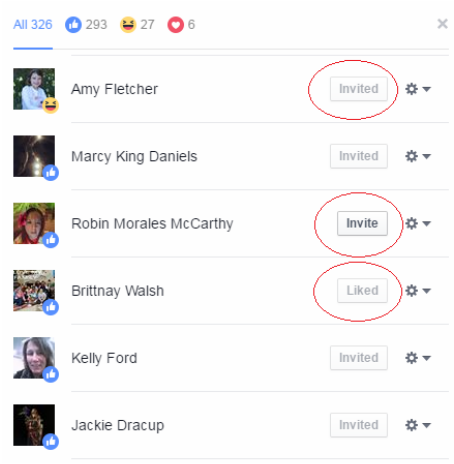

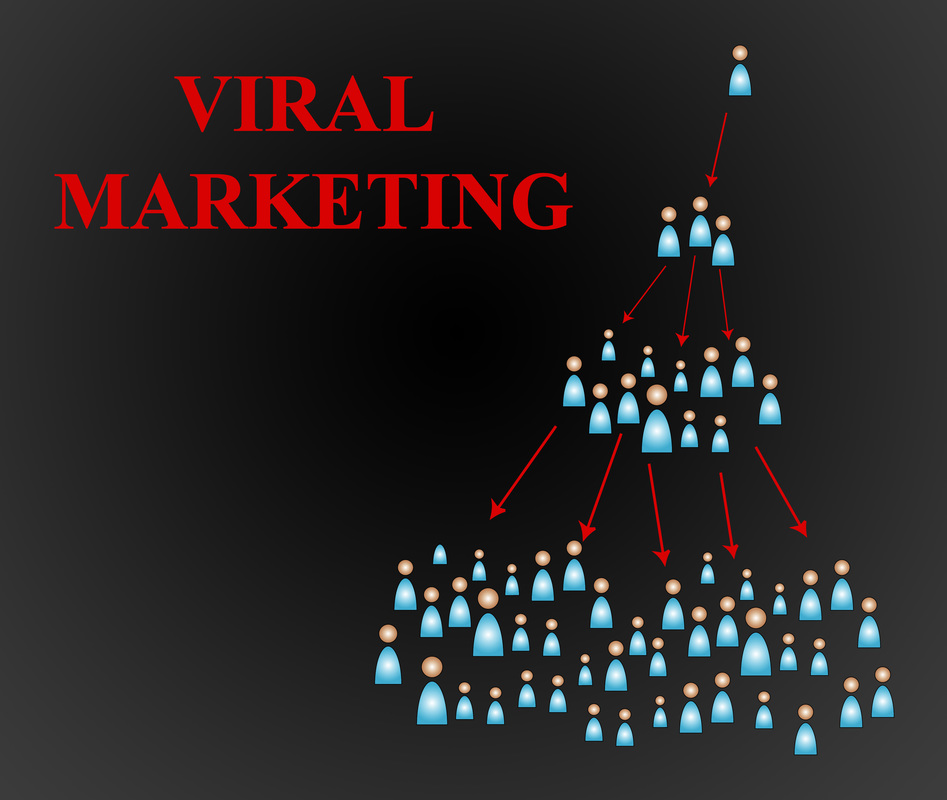



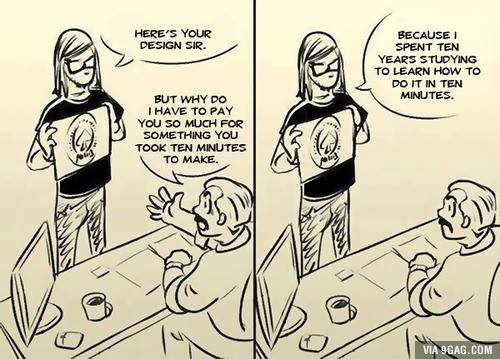
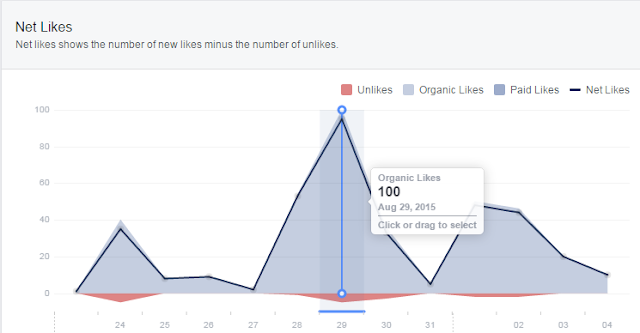
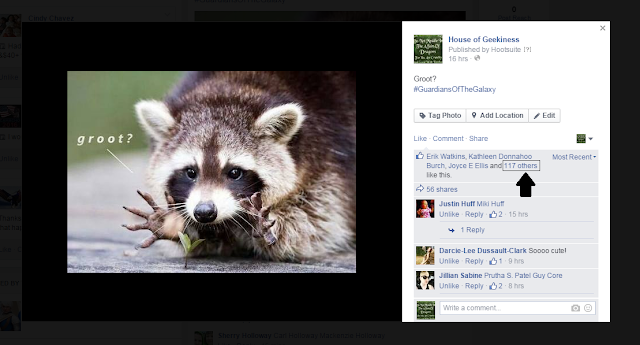
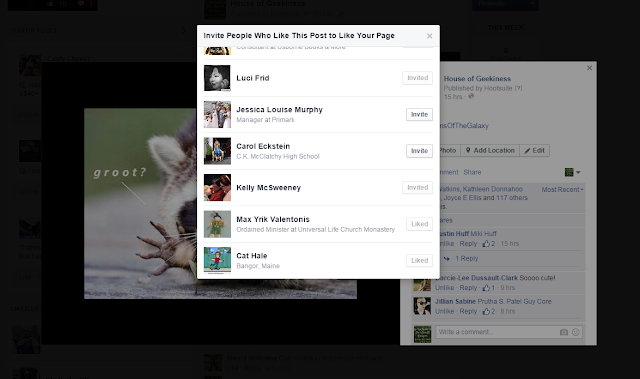

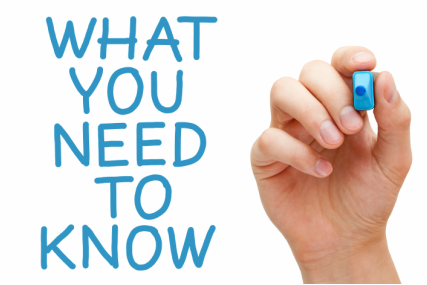
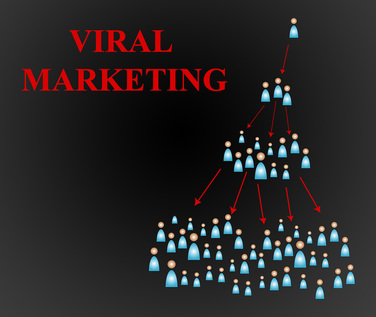
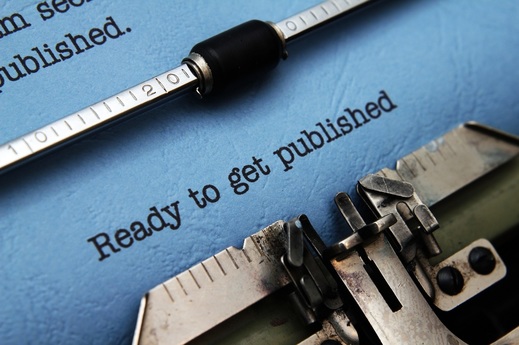
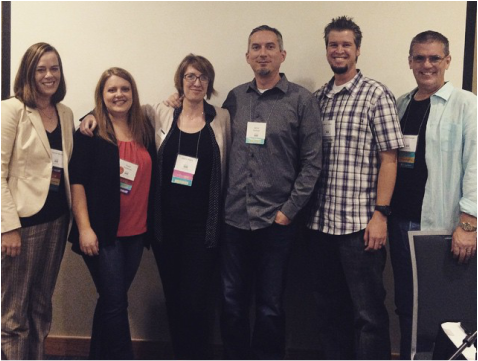

 RSS Feed
RSS Feed
